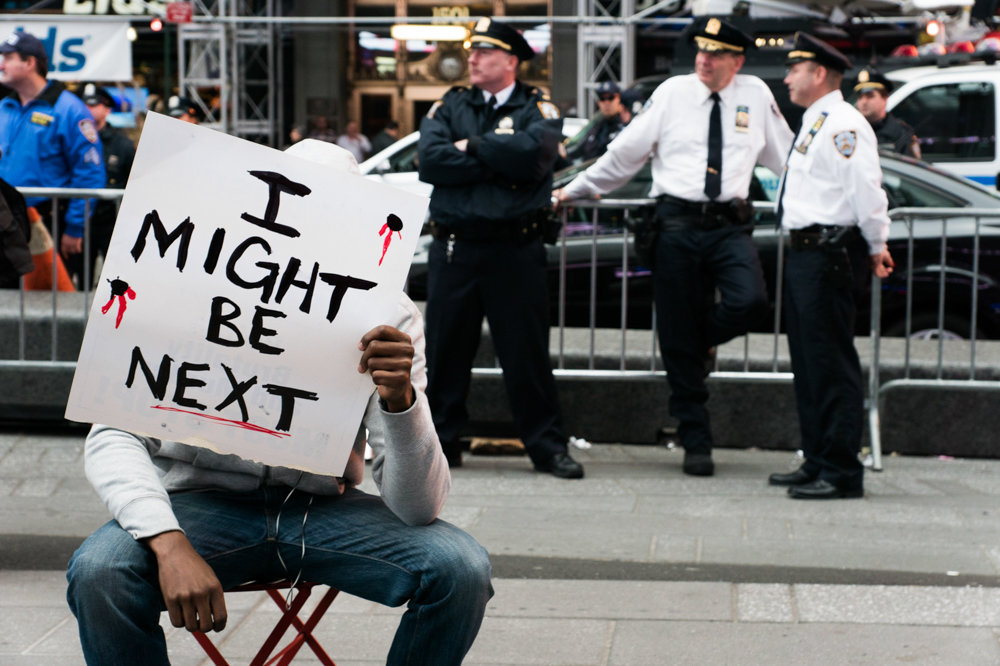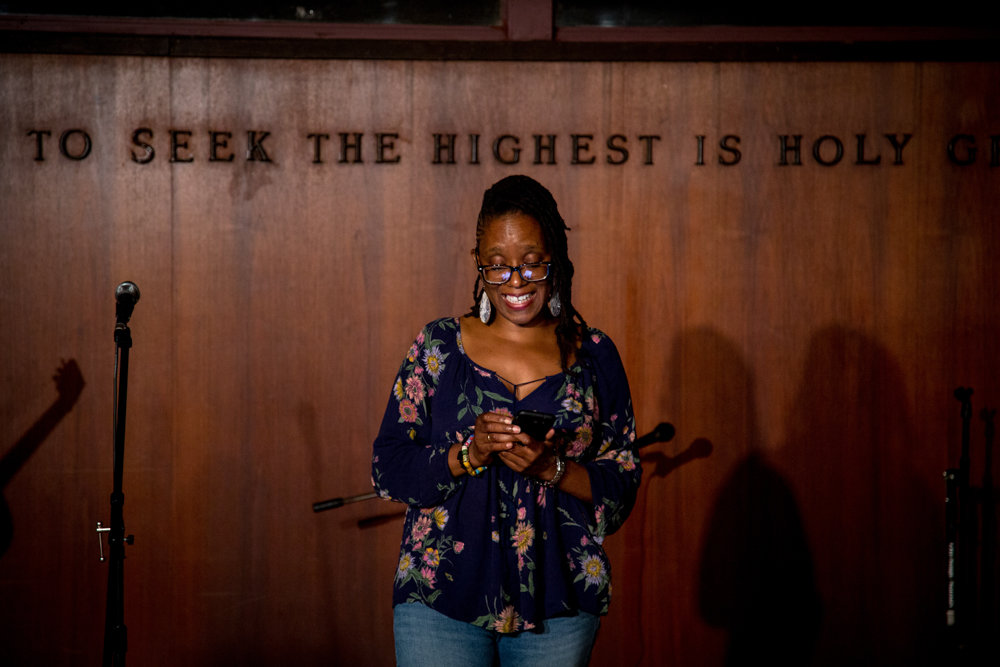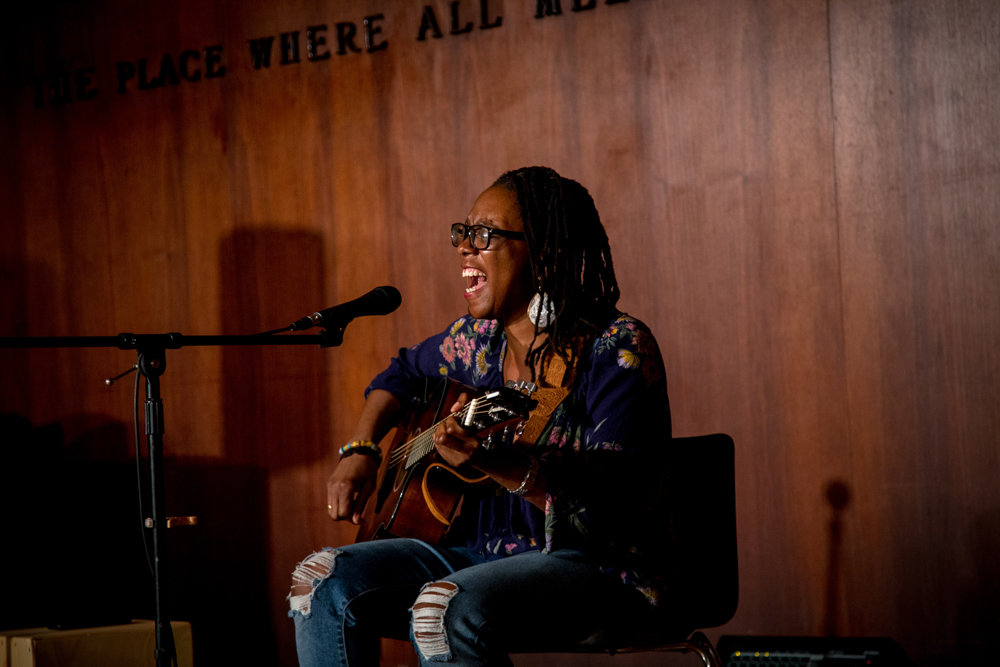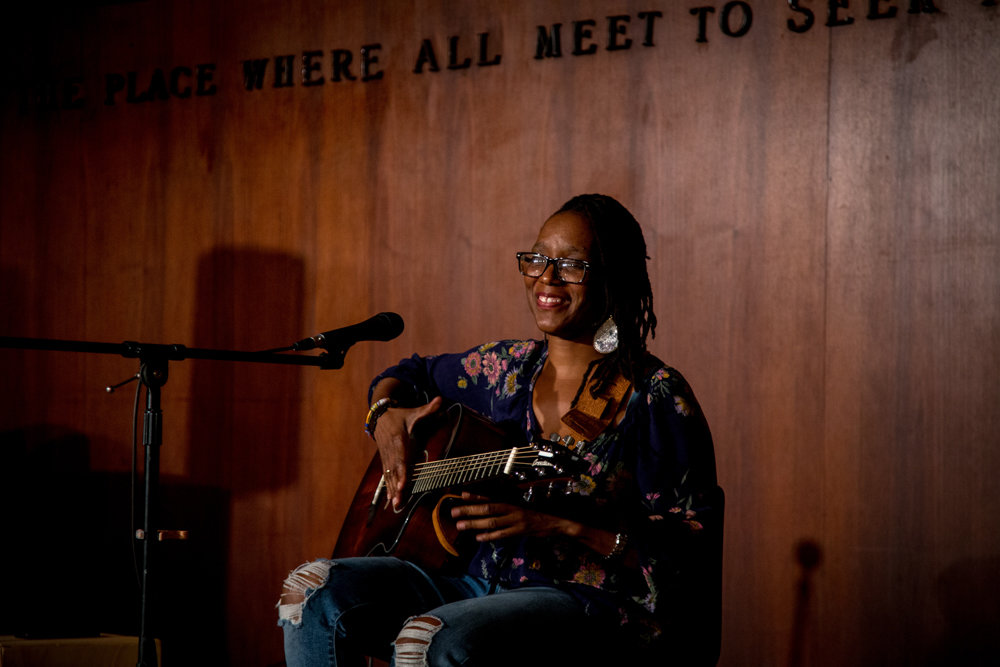Ethical Culture confronts U.S. past, present prejudice
Through an American history lesson and black-inspired musical expression, the Riverdale-Yonkers Society for Ethical Culture is starting Black History Month with some rhythm and historical blues.
On Feb. 10, the society hosts its Sunday morning platform meeting, “Racism and Anti-Racism: Two American Traditions.”
“It is important people remain committed to working against racism,” said Ethical Culture leader Jone Johnson Lewis. “Many have been able to look at some periods of time in the 1980s or 1990s and not see racism as a major issue, and yet there were people who were persisting during the time, and that’s part of what gives us the strength to connect that work today.”
This, however, is not the first time Ethical Culture has celebrated black history through their Sunday platform. The society hosted two discussions last year at its 4450 Fieldston Road meeting house.
“One was focused on the power of persistence … (with) the civil rights movement,” Lewis said. “We also did one on the ways in which black history is not covered in history classes or has been misrepresented.”
Part of the reason Lewis is leading the 11 a.m., event is to touch on times in history when African-Americans combated racism, from slavery to the civil rights movement of the 1960s. The time also will be used as an opportunity for participants to discuss racial bias in America in what’s being described as a supportive space.
Lewis expects to present a history of abolitionists with a focus on female activists that weren’t recognized during their time. Anti-lynching crusades like the Niagara Movement also will be covered along with civil rights activists, both black and white.
We can teach “parents of young children by reminding them that these are some of the primary ways that their children can learn to be active and stand up against racism,” Lewis said.
Lindsey Wilson, Ethical Culture’s musician, will use her regular coffee house event later that afternoon to feature songs inspired by black music and artists. She’ll also teach others about the accomplishments of African-Americans who have contributed to the prosperity of the United States, getting a little help from some young friends.
The kids are “an eye-opener,” Wilson said, “and when you see kids singing and talking about what is going on in the world, it just reminds us of why we fight in the first place. We want a place where they can be safe because we had a chance to grow up and do our thing, so why should we stop our children from growing up and doing the same?”
Wilson’s event, which runs at the meeting house between 3 and 5 p.m., on Sunday, also will feature two original songs inspired by the shooting of black Florida teen Trayvon Martin more than eight years ago.
“It’s called ‘Tides,’” Wilson said. “The year of his death in 2012, I remember listening to the radio. I was totally frustrated that we had to hear this blow-by-blow detail of this boy being killed. The 911 call being broadcasted on the air, I was kind of insulted because this young boy had family, and they wouldn’t want to hear him screaming for life.”
It took Wilson a year to write the tune because of how emotionally exhausting it was for her.
Lewis wants to show how the past connects with some aspects of society today.
In 1909, the NAACP was formed to help African-Americans in their struggle for equal rights. More than a century later, three black women founded the political intervention group Black Lives Matter in response to the acquittal of George Zimmerman in the Trayvon Martin case.
“I hope that they understand a time in history when the backlash against human rights came forth, but also the persistence throughout those periods,” Lewis said. “That’s the kind of challenges that they were facing, and it happens today through more visible and systemic racism.
“We want to remind people to keep working, even when it seems harder to do. To keep working even when (racism) isn’t the major issue on the public platform.”
The Ethical Cultural society has a long history of conducting anti-racism work. For example, group founder Felix Adler dedicated his life to anti-racism by teaching education based on morals ingrained in the belief that all children deserved a quality education, according to the Ethical Culture’s website.
The society continues to educate in what it believes helps in the battle against racial bias in America through discussion, service and music.
“Our basic core is about human worth and connection,” Lewis said. “So the anti-racism movement is how we recognize the human worth of every person and how it’s a connected thread.”













